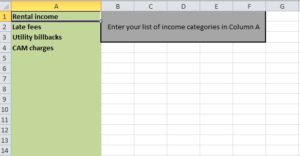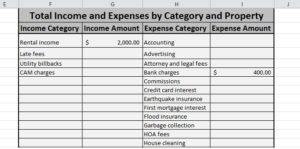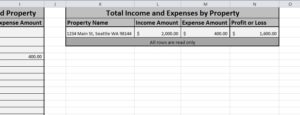People who want to teach real estate clock hour courses (classes that meet the requirements for continuing education credits for real estate agents) must be approved by the State of Washington. The requirements for approval include attending and passing an Instructor Development course and showing that you are qualified to teach the particular subject.
Jason Hershey, Designated Broker for Tellus Real Estate, has now been approved by the state to teach a wide variety of clock hour courses.
These include:
- Advanced Real Estate Practices
- Business Management
- Commercial Real Estate
- Current Trends and Issue
- Ethics and Standards of Practice
- Principles and Essentials
- Real Estate Finance
- Real Estate Fundamentals
- Real Estate Practices
- Real Estate Sales and Marketing
Additional Information
- Instructor Approval Certificate
Washington State Real Estate Instructor approval requirements: http://www.dol.wa.gov/business/realestate/edinstructor.html












